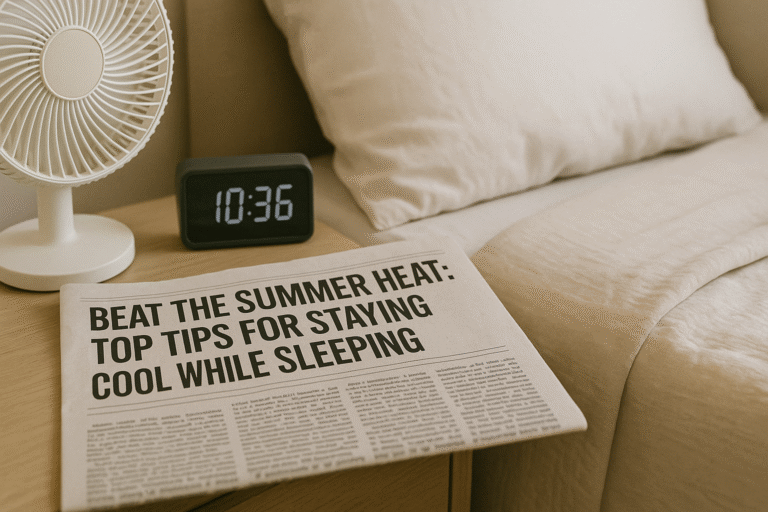In the quest for optimum health and fitness, one of the most frequently asked questions is about the ideal duration for a workout session. People across the globe are constantly searching for the perfect balance between time spent exercising and attaining the best results. While some fitness enthusiasts swear by long, intense workouts, others advocate for short, high-intensity sessions. To shed light on this topic, we consulted expert trainers who shared their insights and tips on determining the most effective workout duration tailored to individual needs and goals.
### Understanding the Science of Workout Duration
Before diving into the specifics, it’s essential to understand that the ideal workout duration is not a one-size-fits-all answer. It depends on several factors, including fitness goals, current fitness level, lifestyle, and personal preferences. Scientific research suggests that both short and long workouts can be effective if designed appropriately. The key lies in aligning your workout duration with your fitness objectives and overall lifestyle.
### Setting Clear Fitness Goals
The first step in determining your ideal workout duration is setting clear and realistic fitness goals. Are you aiming to lose weight, build muscle, improve cardiovascular health, or increase flexibility? Each objective may require a different approach in terms of workout duration.
For instance, if your primary goal is weight loss, creating a calorie deficit through a combination of diet and exercise is crucial. A mix of cardiovascular exercises and strength training can be highly effective. According to fitness experts, a duration of 30 to 60 minutes per session can be optimal for weight loss, as it allows for a high calorie burn while keeping workouts sustainable in the long run.
On the other hand, if building muscle is your objective, shorter but more frequent strength training sessions might be more effective. Research shows that engaging in weightlifting and resistance exercises for 45 to 60 minutes, with a focus on form and technique, can lead to significant muscle growth without overtraining.
### Tailoring Workouts to Fitness Levels
It’s important to adapt your workout duration to your current fitness level. Beginners might benefit from shorter sessions as they build endurance and strength. Starting with 20 to 30-minute workouts can help ease newcomers into a fitness routine without overwhelming them, gradually increasing the duration as their fitness improves.
For advanced fitness enthusiasts, longer workouts might be necessary to maintain or advance their fitness levels. These individuals can incorporate longer sessions of 60 to 90 minutes into their regimen, focusing on increasing intensity and variation to continue challenging their bodies.
### Finding the Right Balance with Lifestyle
One of the critical elements in choosing the ideal workout duration is ensuring that it fits seamlessly into your lifestyle. Consistency is key to any successful fitness regimen. Therefore, a workout plan that aligns with your daily schedule is more likely to be adhered to over time.
For those with a hectic lifestyle, shorter, high-intensity interval training (HIIT) sessions can be highly effective. Lasting typically 20 to 30 minutes, HIIT workouts offer the benefit of the afterburn effect, where your body continues to burn calories post-exercise. This form of training is perfect for individuals seeking maximum results in minimal time.
Conversely, those with more flexible schedules may wish to engage in longer, steady-state cardio exercises, such as jogging, cycling, or swimming, which can range from 45 to 90 minutes. These activities not only improve cardiovascular health but also provide psychological benefits, such as stress relief and mental clarity.
### The Role of Recovery
An often-overlooked aspect of determining workout duration is the role of recovery. Regardless of workout length or intensity, allowing your body adequate time to recover is crucial for overall progress and injury prevention. Trainers suggest incorporating rest days and active recovery, such as yoga or light stretching, into your routine to aid muscle repair and growth.
### Listening to Your Body
Ultimately, the ideal workout duration is also about listening to your body and understanding its signals. Fatigue, pain, and a lack of motivation can be indicators of overtraining. It’s essential to recognize when your body needs rest and adjust your workout duration accordingly. Your fitness journey is personal, and respecting your body’s needs will lead to more sustainable and enjoyable progress.
### Evaluating Progress and Adjusting Workout Duration
Monitoring progress is vital in a fitness journey to ensure that your workouts are effective. Regular assessments, such as tracking improvements in strength, stamina, or body composition, can help determine if your workout duration is meeting your goals. If progress stalls, it might be time to reevaluate and potentially adjust your workout length or intensity.
### Expert Insights and Tips
Fitness experts emphasize that while guidelines exist, individual preferences play a significant role in workout success. Whether someone enjoys lengthy sessions at the gym or prefers quick workouts at home, the most important factor is maintaining consistent physical activity.
1. **Flexibility and Adaptability:** Remain open to adjusting your workout duration as needed. Life changes, such as new commitments or shifts in priorities, may require you to rethink your exercise time allotment.
2. **Finding Enjoyment:** Choose activities you love to ensure that working out is something you look forward to rather than dread. Enjoyment leads to consistency and long-term adherence.
3. **Quality Over Quantity:** Focus on the quality of your workouts rather than just the length. Effective workouts are about maximizing effort and ensuring proper form and technique.
4. **Seeking Professional Guidance:** If you’re uncertain about how to set up an effective workout routine, consider consulting a fitness professional. Personal trainers can provide tailored advice based on your individual health profile and goals.
### Conclusion
Discovering the ideal workout duration is a dynamic process that requires balancing science, personal goals, and lifestyle considerations. Whether you’re embarking on a fitness journey to lose weight, improve health, or simply feel better, it’s crucial to tailor your workout duration to suit your unique needs. By setting clear goals, listening to your body, and remaining flexible in your approach, you can develop a consistent and effective fitness routine that not only meets your objectives but also enhances your overall well-being.



